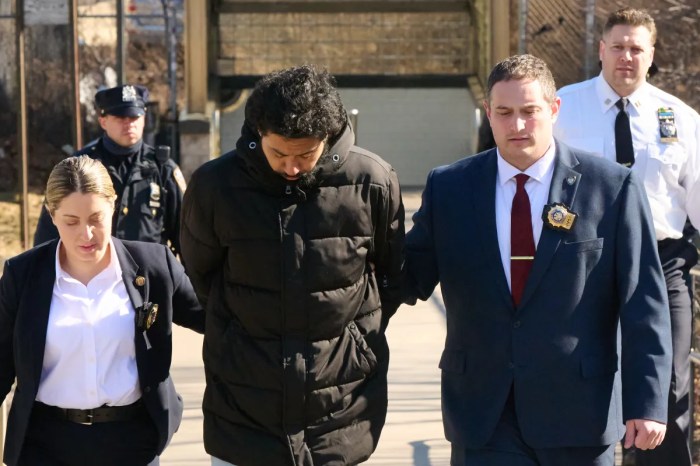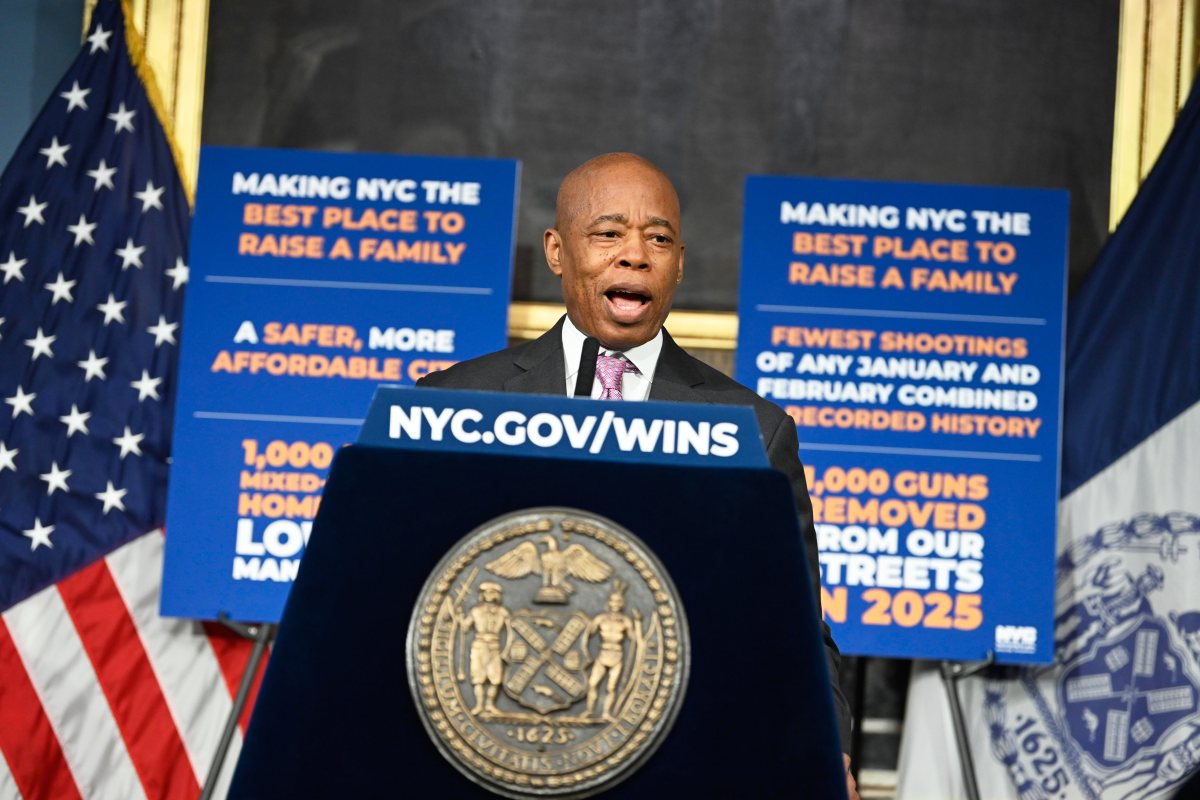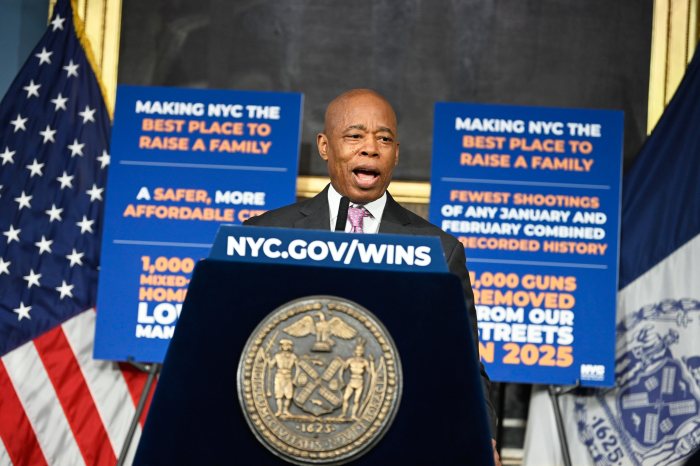NEW YORK, Sep. 20, 2010 – Andrew Rasiej hurriedly gets off the phone, explaining that he was talking to Arianna Huffington, founder of uber-website The Huffington Post. She just published a new book, and Rasiej was providing ideas on how to use social media to promote it.
It is a typical day for Rasiej, a social entrepreneur and founder of the Personal Democracy Forum (PdF), an annual conference and larger community focused on how technology is changing politics and government. He is a founder of numerous other ventures including Mouse.org, which is focused on 21st century education, and techPresident.com, a website that covers how U.S. President Barack Obama and the federal government is using the Internet.
Rasiej also advises politicians and governments around the world, and for the first time this fall, will take the Personal Democracy Forum to Santiago in November. He also runs the conference in Europe.
Anna Shen recently spoke with Rasiej about e-democracy in Latin America, how e-government can transform the political landscape in the region, and what drives him.
Q: Can you tell me about the conference in Chile?
A: This is an inaugural event in Santiago on Nov. 18-19, which seeks to bring together technologists, political leaders, government officials, social innovators, non- governmental organisations and journalists to examine the role that technology is playing in the relationship between citizens and their civic lives, locally, nationally, and across all Latin America.
Q: What are the most important issues in Latin America and how can the use of technology and e-government transform these issues?
A: We cannot be too sure yet, but we believe the issues have to do with transparency, accountability, government services, economic development, social and economic justice. Technology transforms these issues because it allows for every person to become an activist and gives every citizen the ability to create their own printing press in the 21st century, and connect with like-minded peers: to organise, debate, investigate, and take action. The power structures of civic society are rapidly changing.
Q: How is political opinion formed?
A: Political opinion is formed primarily by people talking to each other, and they do it in the most common of places – by water coolers, at the market, in the office, at the local park. They share their fears, their hopes, their aspirations, their prejudices, and perspectives. Eventually a political consensus is formed, and people go to the polls and vote.
Because of technology, those political conversations are now on steroids, and where it would take six months to share opinions, it now happens instantaneously and at no cost, whether it is using YouTube, Facebook, Twitter, or something as simple as email or text messages. Connectivity is amplifying and accelerating political discourse, and changing the power structures of politics.
Q: What about lack of Internet penetration in some of these countries?
A: Actually, in Chile they have virtually 100 percent penetration of cell phones. Technology has become cheaper, phones have become more powerful. So access in most countries is not about Internet access, it is about phone access. Access to mobile phones has become more ubiquitous and more powerful.
Q: How does the Personal Democracy Forum conference in Latin America differ from the conferences in Europe or the U.S.?
A: We don’t quite know yet as this is an inaugural conference in Chile. But what we try to do first is to spend 90 percent of our time listening and not assuming the U.S. model of the use of technology applies to anything elsewhere the same way.
The discussions during the conference in the U.S., for example, are how to use technology during political races to raise money or embarrass opponents. In Europe the elections are not candidate-based but party-based, so much of the conversations on the elections are much shorter and people are more focused on how to get governments to deliver the services that people are entitled to receive.
We don’t want to presume how people in South America think of technology. However, we know there is a greater disparity between rich and poor, and there are also major differences in economic power between countries. We are all ears at this point. There is a worldwide conversation going on about how technology is changing governance and society. It is carried out from the perspective of each country’s own political systems or technological abilities.
Q: What is considered ideal e-democracy in Latin America?
A: As more and more people start using their mobile phones and technology for political organising or discourse, and as a more tech-savvy generation comes of age, there is a potential that the democracy we have known in the 20th century will be supplanted by a 21st century democracy, one that will be able to achieve or get closer to an e-democracy ideal of universal participation and political equity.
Q: What are the challenges of fostering democracy in Latin America?
A: The challenges are technological, regulatory, legislative, and mostly generational because the people who are currently running democracies in Latin America learned their skills in an era of telephones and newspapers. They are about to be replaced by a new wired generation that will choose new issues of importance.
They may have to overcome new challenges that have yet to be identified as technology becomes part of everyday life. Essentially, much of Latin America is moving from an agricultural to an information age and skipping the industrial age model entirely, so the issues affecting this shift are related to legislation, sociology and anthropology even more than technology itself.
Q: What can Latin Americans learn from the use of the Internet by U.S. politicians?
A: Political leaders must learn it is not enough for them to be facilitators of technology, but that they have to become practitioners themselves. They must utilise the economy of media abundance that new media technology tools and platforms provides and not be sound-byted or edited by the economy of media scarcity that traditional, old media offers.
Q: What are the things that drive you?
A: It took me many years to come to understand why I do what I do. The one thing that has been constant is an overwhelming desire to see social and economic justice served. This was instilled in me since I was a child by my Polish parents, who survived World War II as refugees and whose fathers were murdered by orders of Joseph Stalin at the infamous incident of the Katyn Forest massacre.
Information is power and information technologies are creating unique opportunities and challenges that will require new ideas and new ways of thinking. If I can help this process along, then I can say I am fulfilling my life’s work. (IPS/GIN)






















